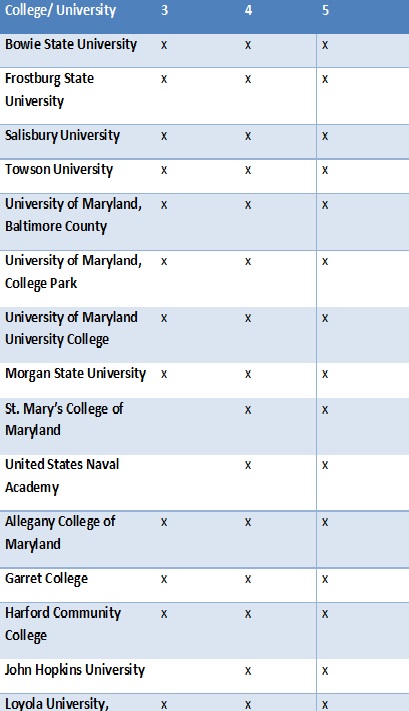What are you willing to do for a college credit? Are you prepared to put your social life on hold on and toss entire afternoons and weekends away? AP classes dedicate an entire school year to one test. Mrs. Fallon, the AP Spanish Teacher, claims that the curriculum, however, isn’t completely centralized on the test: “It guides the curriculum, but we don’t practice testing methods every day; about 50% of the time we prepare for the test”. Teachers try to prepare their students to their best ability; at times this bundle includes long lectures, hours of homework and sleepless nights accompanied by a loyal text book. All their hard work then comes down to the moment they enter that dreaded testing room, a stress filled environment where all sound has escaped but the occasional tapping of a pencil, flipping of pages, and the mere question that abruptly creeps in one’s head: “Will I Pass?”.
Students have a bit over 3 hours to prove what they have learned throughout the course of the year. One might ask, why go through this? Well the answer is simple: college credits, and financial gains. Despite the stress, there are several great advantages that also come with taking AP tests that make it all worthwhile. Students have the chance to get a college course out of the way if they score high enough. This potentially saves students time and a large chunk of cash. To pass, students must earn a three or better on a scale of one to five—one being the lowest and five being the highest possible score. The individual tests range from $80-$90 varying from year to year. Depending on which school you decide to attend, you may be saving around $500 on the course; at the Harvard School of Public Health, for example, one average credit is $876. However, most universities only accept 4s and 5s and some don’t accept them at all.
When Brenda Ohsner, a senior, was asked what made her decide to take the AP test, she responded “I just wanted to see how much I knew about the course, and there was always a chance a college would accept my score”. Many students have admitted that before signing up for an AP test they don’t check if the colleges or universities they are planning to go to accept AP scores or which AP scores they Accept. Annika Anderson, a senior taking AP Spanish, went on to say “I have never checked whether or not the colleges I’m interested in would accept my scores and which scores they do take, it was more of a self-test for me to see how much information I have retained throughout the course of the school year”.
So to answer the question- No, AP testing isn’t necessary, but taking them could be very beneficial. Some see it as a “financial gift” that gives college applications an added boost. Although, not all schools offer every single AP classes you could still study independently and earn a college credit by taking the exam. There are currently more than 30 different subjects and by passing the National AP exam for their respective subject test you may be entitled for college credits. Therefore, if you are interested in the material, don’t mind the extra assignments nor working hard for a good grade in the weighted class, and are willing to work hard to pass the AP exam, then the $89 may go a long way for you. It might not put you a year ahead toward graduation, but it will certainly stand out on transcripts and can potentially save time and money.








